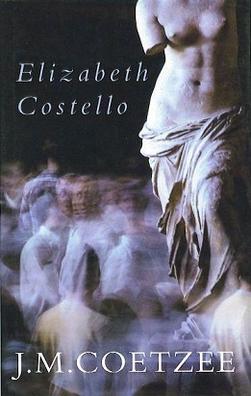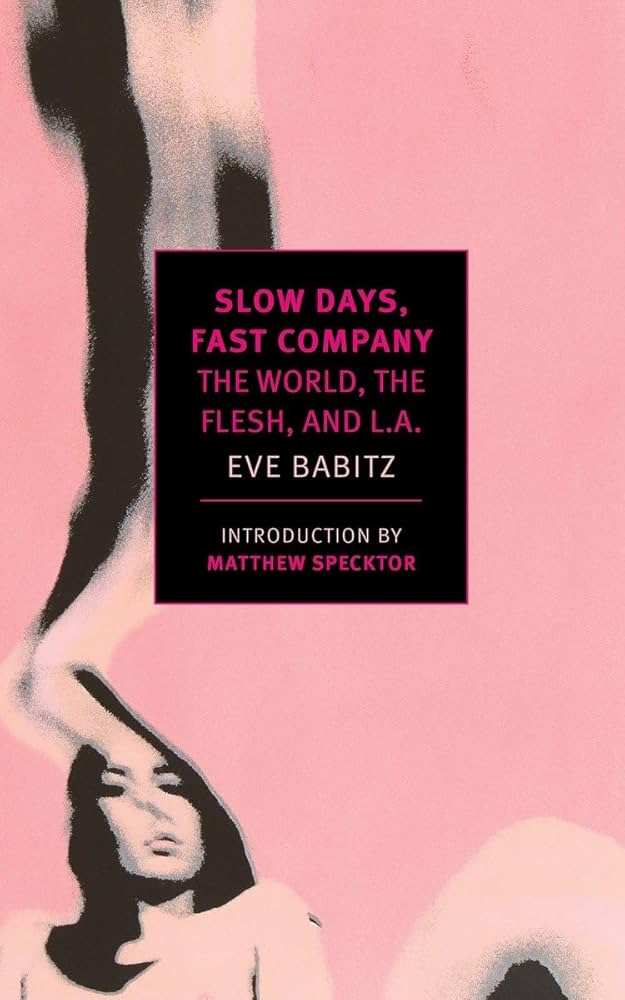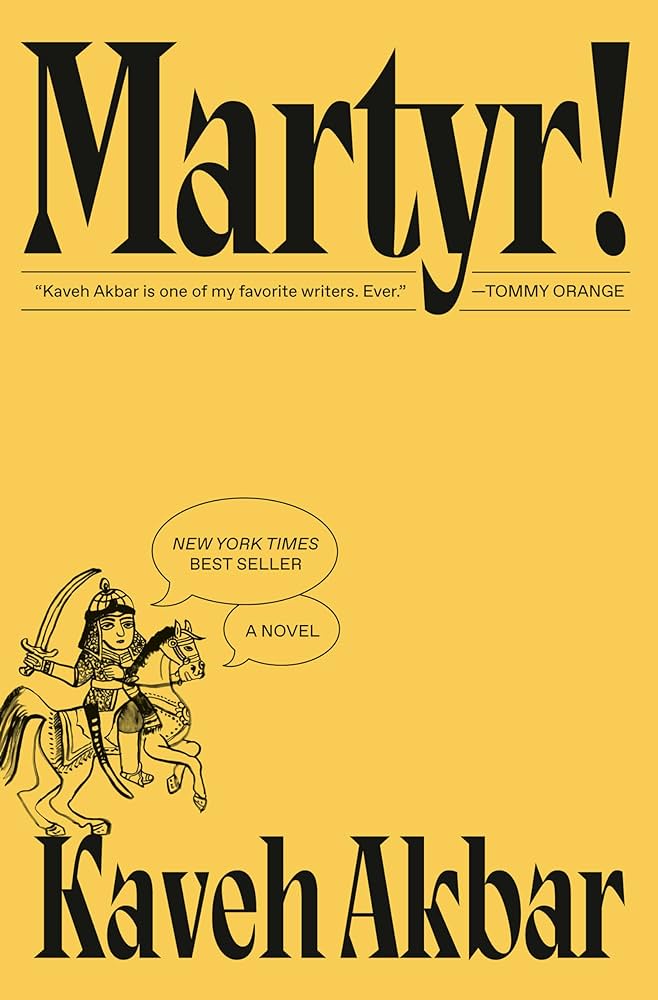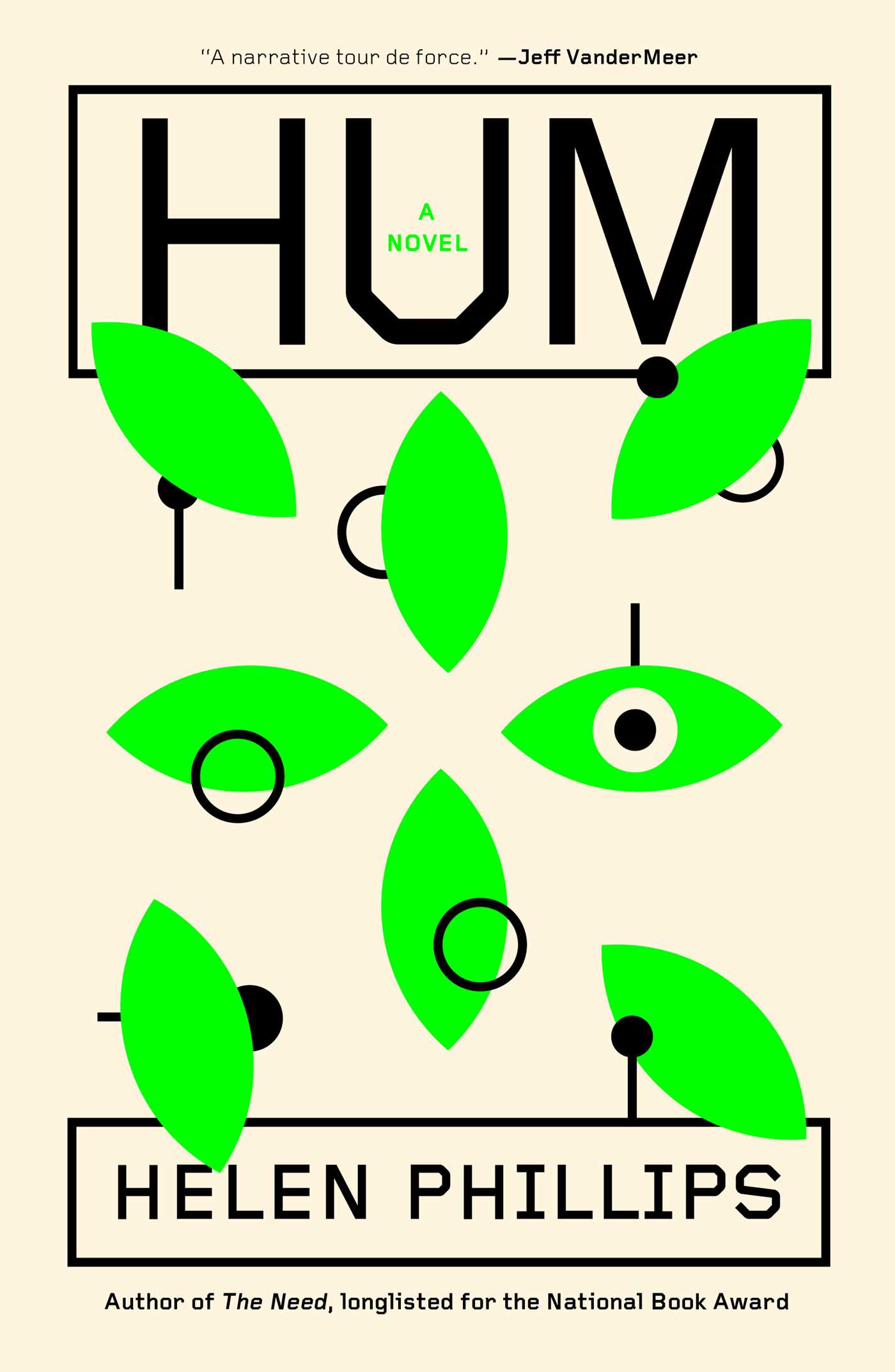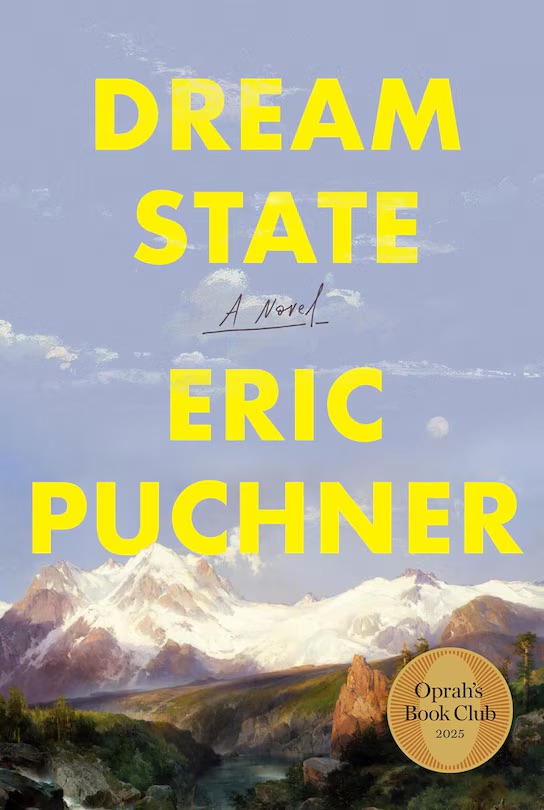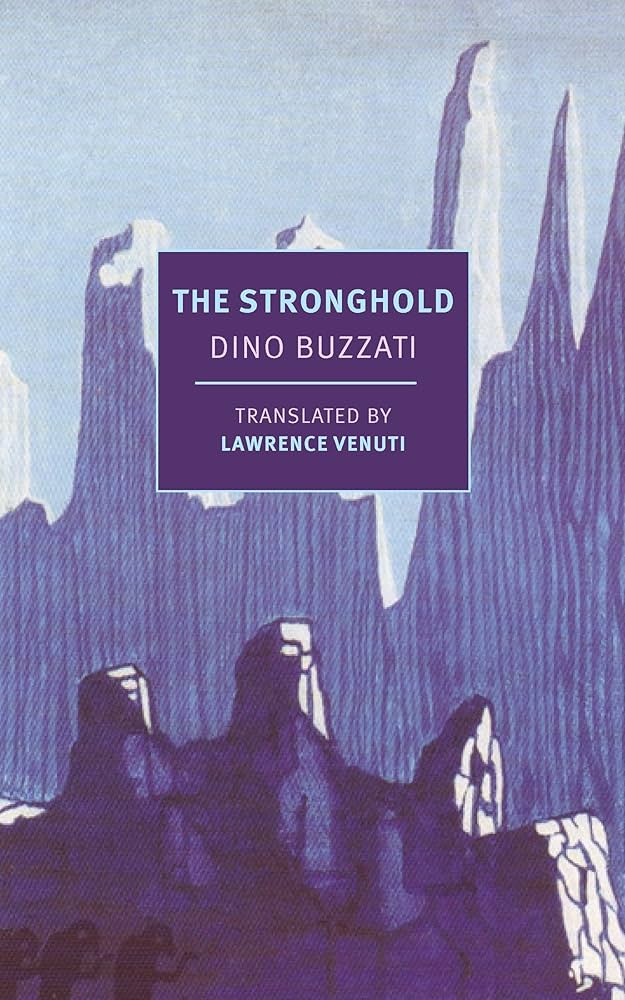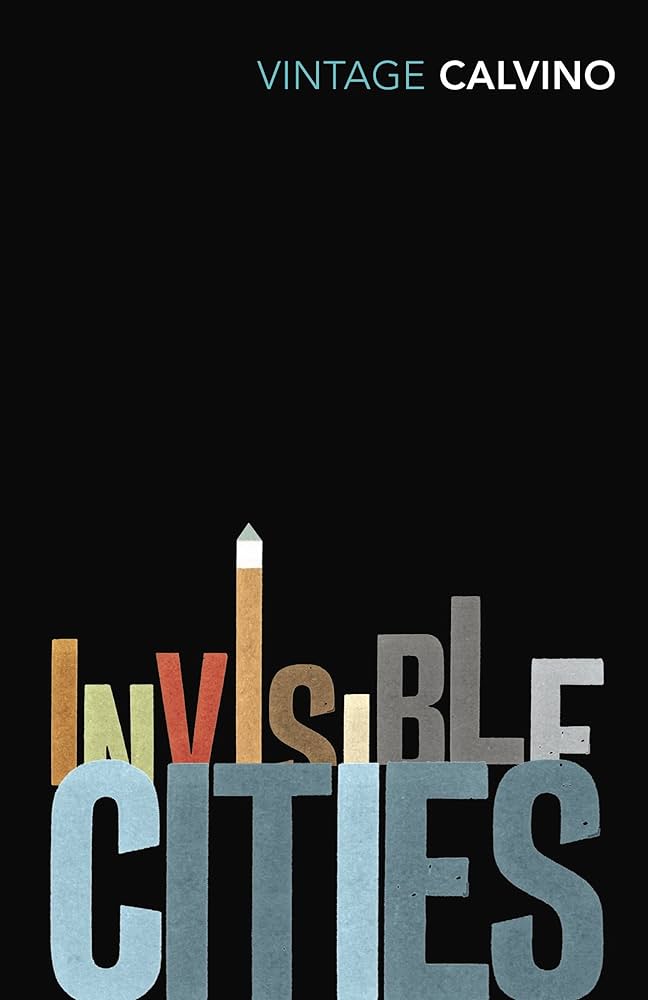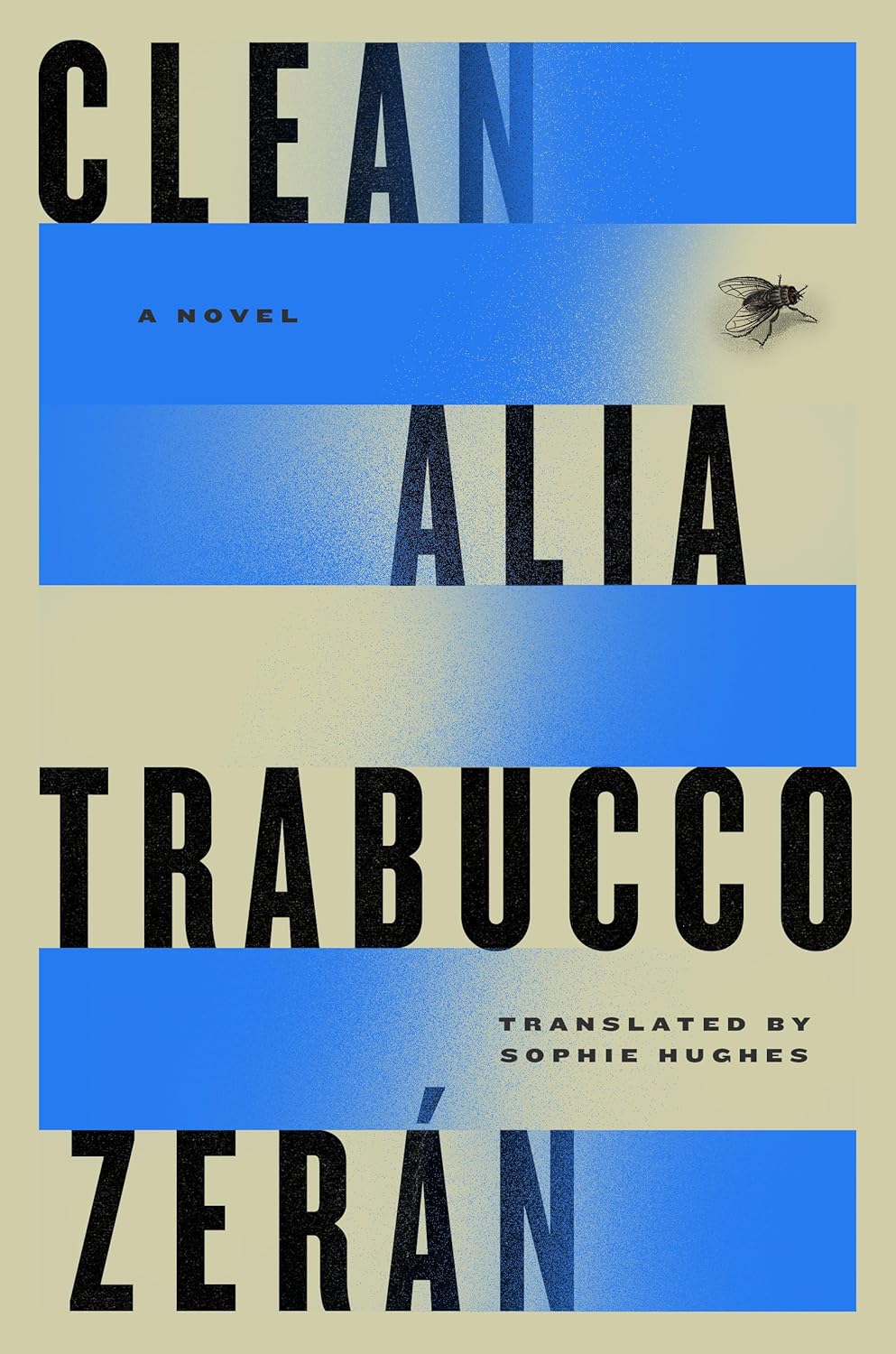I’m a J.M. Coetzee guy. Last year at this time I’d never read a word by him, and after reading Disgrace and Waiting for the Barbarians, I’m an acolyte. I’d pay money for the guy’s grocery list. And while Elizabeth Costello is an enigmatic and interesting exercise in some kind of autofiction, I finished the book more puzzled than entertained or challenged.
The titular Costello is an author from Australia who had major success with her first book. It led to a distinguished career, but nothing matched her debut. Now, late in life, she’s on a bit of a victory lap – accepting awards, giving guest lectures at universities, acting as a draw on a celebrity vacation cruise. The problem is that she’s not enjoying any of it.
While there’s a general progression by Costello throughout the book, the emphasis is clearly on the lectures and ideas they contain. Your mileage with this book will depend on how interesting you find these subjects.
Two of the essays were previously published by Coetzee as Lives of Animals. The six other chapters here explore faith and God and Kafka and philosophy. What the book lacks in plot (and it truly lacks plot, no question), it makes up for in big ideas.
My issue with this book as I was reading was this: Costello is a compelling character – a opinionated curmudgeon who isn’t afraid to pick a fight. But her lectures and the ideas as presented were dull. The Kirkus review says it for me:
The result is a disappointing hybrid that cannot, except by the loosest possible definition, be called fiction. Yet it does involve and pique one’s interest, saved from utter turgidity by its protagonist’s vividly delineated confusion and uncertainty at having taken positions that alienate her from other, equally rational and sensitive people (such as her older sister, a nun working heroically in Africa).
As argument, literate, impassioned, and disturbing; as fiction, overemphatic and often dull. Perhaps only for Coetzee’s most ardent admirers.
Elizabeth Costello isn’t in the same realm as Disgrace or Barbarians, and it doesn’t aspire to be. It’s a novel of ideas, with perspectives and arguments that linger after each chapter, and long after the book is done. I waited quite a while between finishing the book and writing this review. With time, I became more considerate of the ideas that Coetzee engages with in the book, and more fond of the book in retrospect. I wouldn’t recommend it broadly, but it works as a quiet, thoughtful and provocative read.

